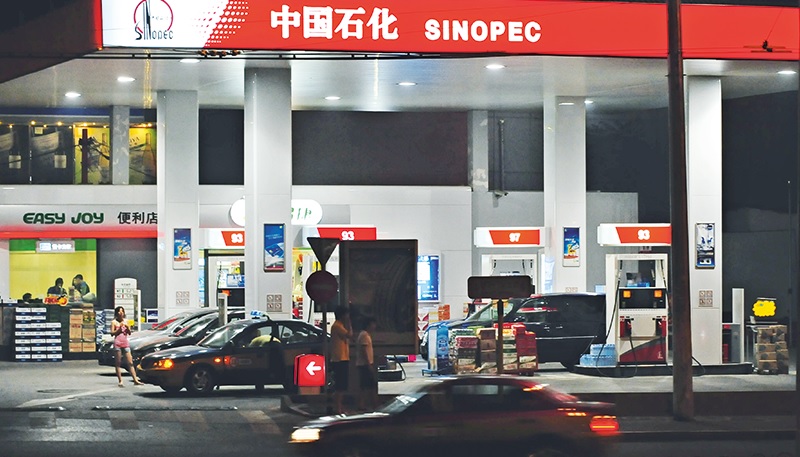For Sri Lanka, a nation heavily reliant on imported fuel, recent shortages have underscored the vulnerability of its energy security. The country has inked a deal with China’s oil giant, Sinopec, offering a potential lifeline: a new oil refinery to be built in Hambantota. This agreement, however, is not without its complexities, demanding careful consideration of both opportunities and potential pitfalls.

The deal offers immediate benefits. Sri Lanka secures 20% of the refinery’s output at a discounted price, a welcome relief considering the volatile global oil market. Additionally, reduced freight charges and insurance, thanks to local production, further ease the financial burden. Beyond direct cost savings, Sinopec’s participation in fuel supply tenders opens doors for even more competitive pricing options.
The economic ripple effects are promising. The initial investment of US$1.7 billion, projected to grow to US$4.5 billion, translates to job creation and infrastructure development in Hambantota. The refinery’s bunkering business adds another layer of economic activity, potentially attracting maritime trade and further boosting the local economy.
However, concerns cloud the optimism. Environmental impact assessments are crucial to ensure the refinery adheres to sustainable practices and mitigates potential pollution. Moreover, Sri Lanka’s growing economic ties with China raise questions about transparency and long-term dependence. Responsible management and clear contractual terms are essential to safeguard Sri Lanka’s interests and prevent any potential exploitation.
The Hambantota refinery deal presents a mixed bag for Sri Lanka. While discounted fuel, economic growth, and energy security are enticing prospects, environmental concerns and potential power imbalances cannot be ignored. Careful navigation of these complexities will determine whether this agreement becomes a true lifeline or carries unforeseen burdens. Sri Lanka must leverage its negotiating power, prioritize transparency,







